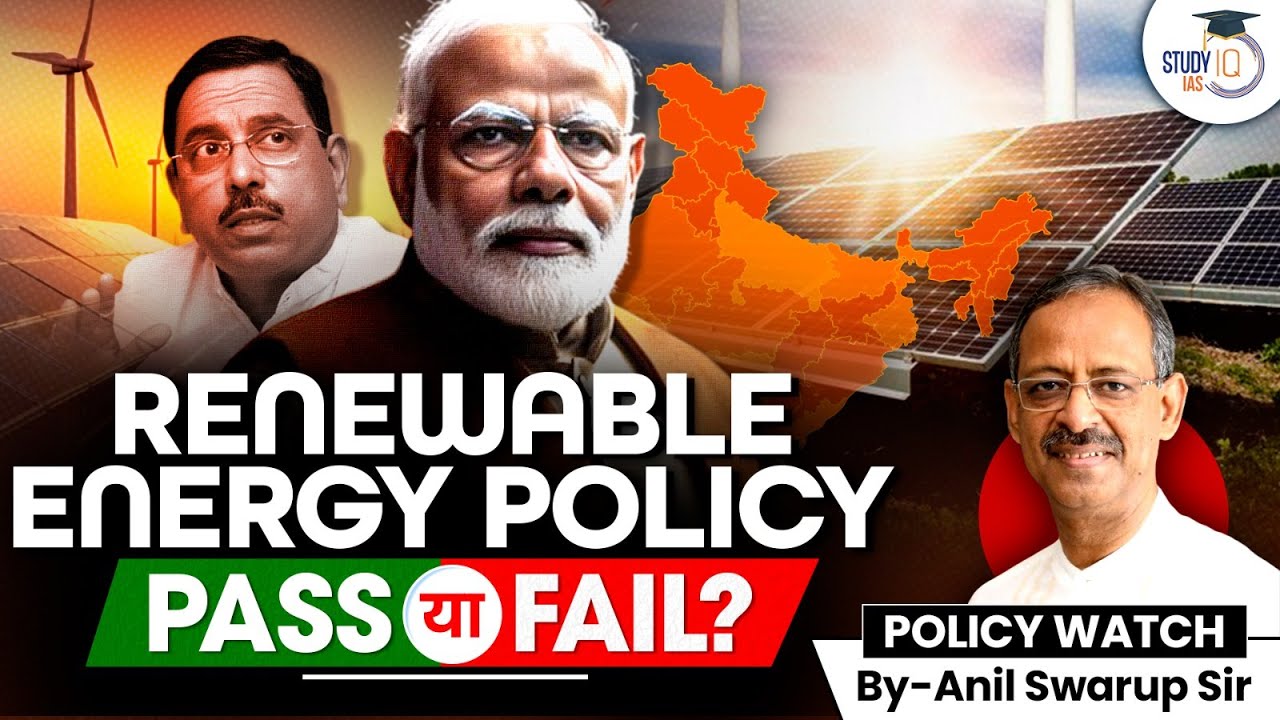
The field of renewable energy has gained significant traction in recent years as the world grapples with the pressing need to transition towards sustainable energy sources. This shift towards renewables has not only been driven by environmental concerns but also by the recognition of the economic and social benefits that come with clean energy technologies. As the demand for renewable energy grows, so does the need for a skilled workforce that can drive innovation and implementation in this sector.
Impact of Policy Changes on Renewable Energy Education
Policy changes play a crucial role in shaping the landscape of renewable energy education. Government policies can have a direct impact on the funding, curriculum, and research priorities of educational institutions that are involved in renewable energy training and research. By incentivizing the development of renewable energy programs and initiatives, policymakers can help foster a more robust renewable energy education ecosystem.
The Role of Funding in Renewable Energy Education
Funding is a critical component of renewable energy education. Government funding can support the establishment of research centers, scholarship programs, and infrastructure development for renewable energy education. By allocating resources to these initiatives, policymakers can ensure that educational institutions have the necessary support to train the next generation of renewable energy professionals.
Curriculum Development and Policy Alignment
Curriculum development in renewable energy education is another area where policy changes can have a significant impact. Policymakers can work with educators and industry experts to ensure that curricula are aligned with the latest trends and technologies in the renewable energy sector. By incorporating real-world case studies and practical training opportunities, educational programs can better prepare students for careers in renewable energy.
Global Perspectives on Renewable Energy Education
Renewable energy education is a global issue, and policy changes in one country can have ripple effects across the world. International collaboration and knowledge sharing are essential for advancing renewable energy education on a global scale. By exchanging best practices and lessons learned, countries can collectively work towards a more sustainable and clean energy future.
Challenges and Opportunities in Renewable Energy Education
While policy changes can drive positive developments in renewable energy education, there are also challenges that need to be addressed. Regulatory uncertainties, lack of standardized curricula, and skills gaps are some of the obstacles that educators and policymakers face in promoting renewable energy education. However, these challenges also present opportunities for innovation and collaboration in the renewable energy sector.
Conclusion
In conclusion, policy changes are playing a crucial role in shaping the future of renewable energy education. By prioritizing renewable energy initiatives, allocating funding for educational programs, and fostering collaboration between educators and industry stakeholders, policymakers can help build a strong foundation for the renewable energy workforce of tomorrow. It is through these concerted efforts that we can ensure a sustainable and clean energy future for generations to come.

